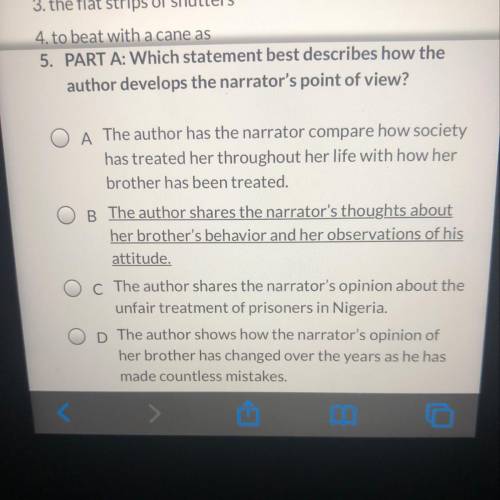

In Lolita, Nabakov signals Humbert’s unreliability to the reader in a number of ways such as his outrageous claims, his endless justifications for shocking acts and his contempt for others. Perhaps one of the most famous is Vladimir Nabakov’s Humbert Humbert, a middle-aged man with a predilection for underaged girls or “nymphets” (as he calls them). A classic example is the murderous narrator of the Edgar Allan Poe story “The Telltale Heart”. In general, even people who commit the worst crimes justify their actions to themselves.

In other words, some stories are told by narrators who are such terrible people that they cannot tell their stories objectively. Sometimes the narrator is unreliable by nature. The writer and the narrator in fiction are not the same person of course, so what does the writer stand to gain from using a misleading narrator to tell a story? What is the purpose of an untruthful narrator in fiction? And how can the writer ensure that the reader understands that the narrator is not to believed? In fact, prehistoric humans probably sat around fires knowingly listening to one hunter who always exaggerated his feats. The technique has been around as long as literature itself has been though. The phrase “unreliable narrator” was first used by the literary critic Wayne Booth in the early 1960s. This may be because the point of view character is insane, lying, deluded or for any number of other reasons. It is a character who tells the reader a story that cannot be taken at face value. His unreliability might be obvious to the reader throughout, it might be revealed gradually, or it might come as a revelation that provides a major plot twist. An unreliable narrator is one of the most powerful tools available to a writer.


 0 kommentar(er)
0 kommentar(er)
